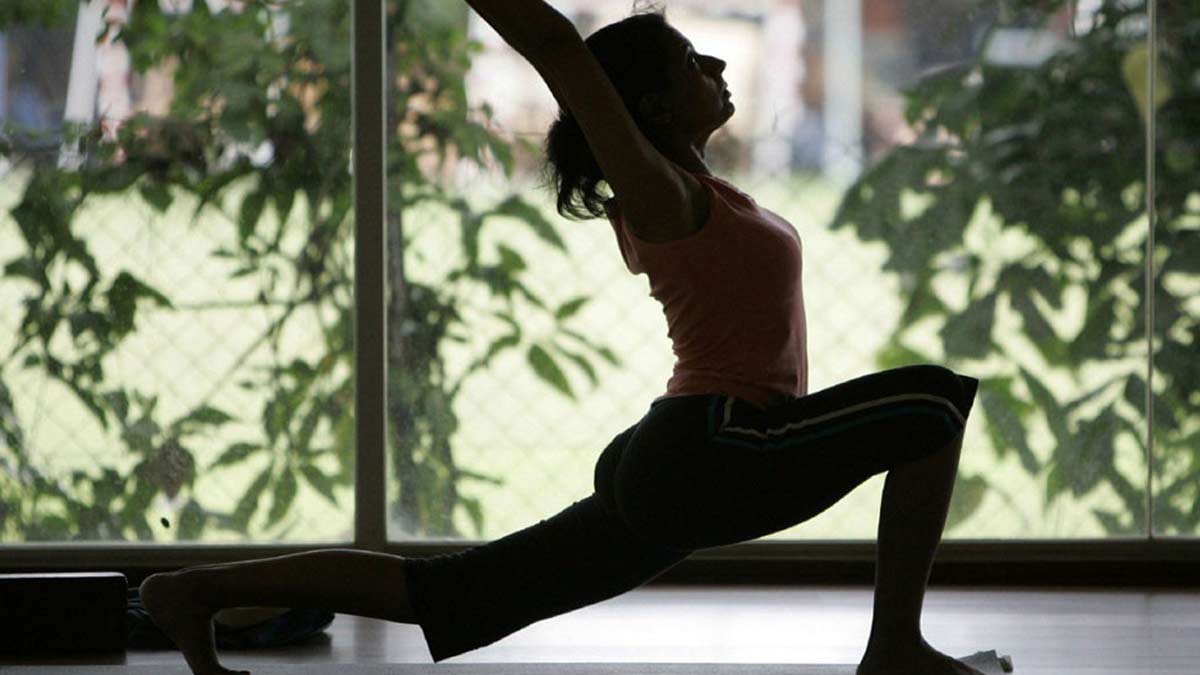Explained | Uttarakhand becomes first state to have a yoga policy
 Representative image
Representative image
Uttarakhand has become the country’s first state to unveil a yoga policy, which aims to place the state as the global capital of yoga and wellness.
Approved by the cabinet on late Wednesday, the policy vision is that yoga should not be limited to only a spiritual or personal practice, but should be developed as a social, educational, economic and tourism-based model.
Under the policy, rules and guidelines will be framed for yoga institutes to ensure quality. Yoga will be included in the curriculum of schools and colleges. Capacity building will be done by collaborating with national and international institutions. The target is to develop partnerships with 15 to 20 such institutions by March 2028.
The establishment of world-class yoga centres will be encouraged.
Specific goals include setting up five new yoga hubs by the year 2030. Jageshwar, Mukteshwar, Vyas Valley, Tehri Lake and Kolidhek lake are the areas where these hubs are to be developed.
Yoga services will be made available in all AYUSH Health and Wellness Centers by March 2026. Community-based mindfulness programmes will be started, which will be prepared keeping in mind the needs of different age, gender and class.
All yoga institutes will henceforth be registered while a special online yoga platform will also be launched. Promotional campaigns and international yoga conferences will be organised to promote yoga tourism.
Newly established and expanding centres will be given a grant of 50 percent of the project cost or up to a maximum of ₹ 20 lakh in hilly areas and 25 percent or up to a maximum of ₹ 10 lakh in plain areas. The total annual grant limit will be up to ₹ 5 crore.
A grant of up to ₹ 10 lakh per project will be given to encourage research on yoga, meditation and naturopathy. This facility will be for universities, research institutes, health organisations, AYUSH institutions and NGOs. Overall, an amount of up to ₹1 crore has been set aside for research during the policy period.
If yoga centres are established in already running homestays, resorts, hotels, schools, colleges etc, then up to ₹250 per session for the yoga instructor to be employed will be reimbursed to the said institution. Twenty such sessions per month will be eligible for reimbursement for one instructor per centres.
A Directorate of Yoga and Naturopathy will be established to monitor the operation, regulation, grant distribution and various activities of this entire policy. It will ensure the quality of yoga centres, register yoga institutes and get them recognized under the Yoga Certification Board, create a rating system for yoga centers and establish national and international cooperation through MoUs.
A high-level state committee will be formed to review and monitor the policy. For the successful implementation of the policy, the government will spend about ₹35 crore in the next five years, out of which ₹25 crore is estimated to be spent for yoga centers, ₹1 crore for research, ₹1.81 crore for teacher certification and ₹7.5 crore for support in conducting yoga sessions in existing institutions.
This policy envisages that more than 13,000 jobs will be created. in the state, 2,500 yoga teachers will be certified by the Yoga Certification Board and more than 10,000 yoga instructors are likely to get employment in homestays, hotels etc.
India